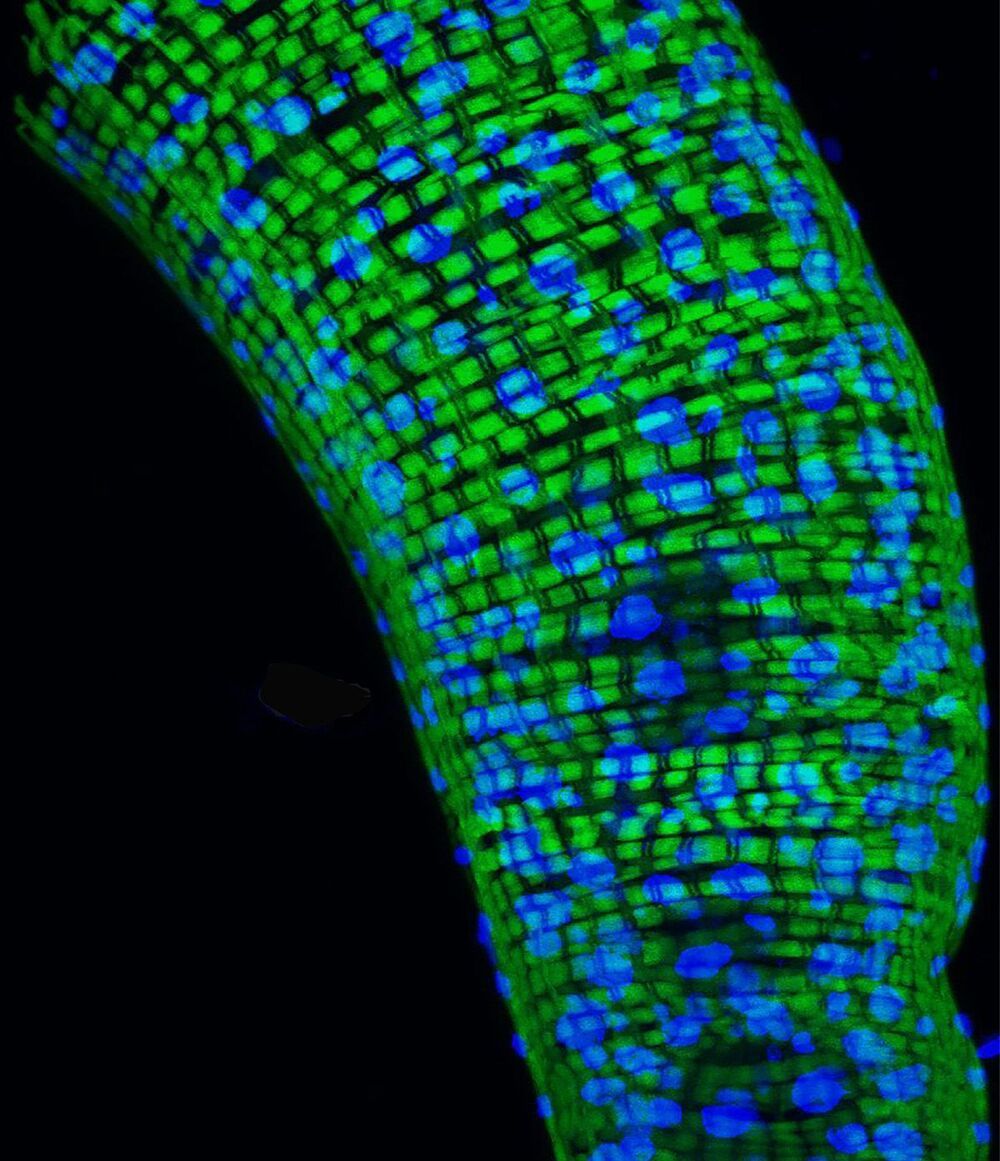“At first, we had a hard time believing the results. Many of these genes are classical hallmarks of aging and yet our results suggested that their activity is more a function of the presence of bacteria rather than the aging process,” said Dr. Shukla.
Notably, this included genes that control stress and immunity. The researchers tested the impact that the antibiotics had on these genes by starving some flies or infecting others with harmful bacteria and found no clear trend. At some ages, the antibiotics helped flies survive starvation or infection longer than normal whereas at other ages the drugs either had no effect or reduced the chances of survival.
NIH scientists discover that bacteria may drive activity of many hallmark aging genes in flies.
